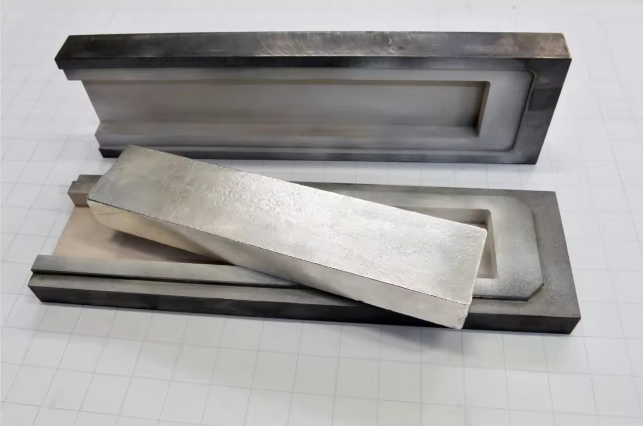Title: The Importance of Vacuum Induction Furnaces in Smelting Alloys
When smelting alloys, the process requires precision and control to ensure the desired properties are achieved. A key aspect of this process is the use of a vacuum induction furnace. These furnaces play a vital role in smelting various alloys, each with its own unique requirements. In this blog, we will explore the different types of alloys that need to be smelted in a vacuum induction furnace and the reasons behind their necessity.
One of the most common alloys smelted using a vacuum induction furnace is stainless steel. Stainless steel is a versatile alloy used in a wide range of applications, from kitchen appliances to industrial machinery. The smelting process of stainless steel requires precise control of the composition of the alloy and the removal of impurities such as carbon and sulfur. Vacuum induction furnaces provide an ideal environment for smelting stainless steel because they can precisely control the temperature and atmosphere during the smelting process.
Another important alloy melted using a vacuum induction furnace is platinum-rhodium alloy. Platinum-rhodium alloy is known for its high strength-to-weight ratio and corrosion resistance, making it a valuable material for industries such as aerospace and medical devices. Smelting platinum-rhodium alloy requires high purity because even small impurities can significantly affect its properties. Vacuum induction furnaces are able to create the high-purity environment required to smelt platinum-rhodium alloy, making them critical to producing this valuable alloy.

In the aerospace industry, superalloys are in high demand for their ability to withstand extreme temperatures and mechanical stresses. These alloys are used in the production of turbine blades, engine components and other critical components for aircraft and spacecraft. Smelting high-temperature alloys such as Inconel and Hastelloy requires precise control of the melting and solidification processes and the removal of impurities. Vacuum induction furnaces provide the necessary conditions for melting high-temperature alloys to produce high-quality, high-performance materials for aerospace applications.
In the automotive industry, aluminum alloys are widely used due to their lightweight and corrosion-resistant properties. Smelting aluminum alloys requires careful control of the melting and casting processes to ensure the desired mechanical properties are achieved. Vacuum induction furnaces provide the precise temperature control and atmosphere required to melt aluminum alloys, which is critical to producing high-quality automotive materials.
In the medical industry, biocompatible alloys such as titanium alloys and cobalt-chromium alloys are used in the production of implants and medical devices. Smelting these alloys requires a high level of purity and control of composition to ensure they meet stringent requirements for biocompatibility and mechanical properties. Vacuum induction furnaces provide the necessary conditions for melting biocompatible alloys, making them vital for the production of medical materials.
In the electronics industry, copper alloys are used for their electrical conductivity and thermal properties. Smelting copper alloys requires precise control of composition and removal of impurities to ensure desired electrical and mechanical properties are achieved. Vacuum induction furnaces provide an ideal environment for smelting copper alloys to produce high-quality materials for electronic applications.
In summary, vacuum induction furnaces play a vital role in the melting of various alloys, each with its own unique requirements. From stainless steel to titanium, from high-temperature alloys to aluminum alloys, from biocompatible alloys to copper alloys, these furnaces provide the necessary conditions for the production of high-quality materials for various industries. Precise temperature control, atmosphere and purity achieved through vacuum induction melting are critical to meeting the stringent requirements of modern alloys. As technology continues to advance, the role of vacuum induction furnaces in alloy smelting will only become more critical in meeting the needs of various industries.
Post time: Jun-03-2024











